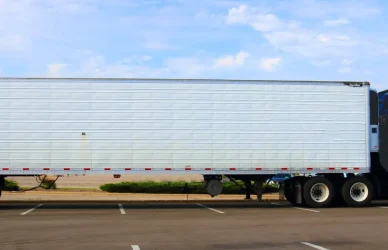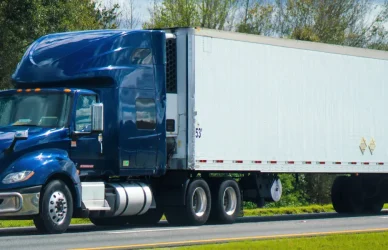A split response to the Nov. 21 vote given to the two largest railroad unions increases the chance of a strike. Railroad conductors rejected their proposed labor agreement while engineers accepted theirs. This could send shockwaves into the shipping logistics industry for the holiday season, as reported by The Trucker.
This split vote comes after three unions rejected their individual deals with the railways, which were created with support from the Biden administration. This happened before the original strike deadline of September was pushed back to December.
Union members have decided to reject proposed labor agreements because they feel the contracts don’t resolve the issue of overly demanding schedules and overall quality of life concerns.
For a strike to be circumnavigated, all 12 of the railway unions must agree with their respective freight railway representative on a labor contract. It may become necessary for Congress to step in since a strike could heavily influence America’s economic situation.
“[A rail strike] would cause enormous disruption to the flow of goods nationwide,” the Retail Industry Leaders Association said, despite retail stores having aptly prepared their stock for the influx of purchases during the holiday season.
“Fortunately, this year’s holiday gifts have already landed on store shelves. But an interruption to rail transportation does pose a significant challenge to getting items like perishable food products and e-commerce shipments delivered on time, and it will undoubtedly add to the inflationary pressures already hitting the U.S. economy,” said Jess Dankert, a member of the group that represents over 200 major U.S. retailers.
With the strike deadline approaching as December does, the unions that were unable to strike an agreement have agreed to reassess their negotiations. This progress is met with a further step backward as such conversations are now impossible due to railroads not agreeing to add additional paid sick time to employees.
Such high levels of discord almost necessitate Congress entering into the conflict before any settlements are reached. The government has the ability to impose labor agreement terms without the approval of either side. Businesses and other transportation groups have already urged Biden and Congress to be prepared to do so.
The respective proposed agreements for conductors and engineers included assurance that railroads would attempt to improve consistent scheduling practices and spend time with each railroad further negotiating those terms. In addition, the conductors and engineers were granted three unpaid days off annually, if they were scheduled 30 days in advance.
Railroads made a further concession, losing out on their push to cut crew sizes by one employee. Regardless, conductors in the Transportation Division of the International Association of Sheet Metal, Air, Rail and Transportation Workers (SMART-TD) union rejected their deal with 51% voting no.
“The ball is now in the railroads’ court. Let’s see what they do. They can settle this at the bargaining table,” said Jeremy Ferguson SMART-TD president. “But, the railroad executives who constantly complain about government interference and regularly bad-mouth regulators and Congress now want Congress to do the bargaining for them.”
The two sides are staunchly opposed in their approach to paid sick time off. Railroads maintain that their previous initiatives to increase pay and improve short-term disability benefits suffices the need for paid sick days. The unions say granting paid sick days is long overdue, citing the pandemic as proof for paid time off.
The National Carrier Conference Committee, which represents the railroads, said that businesses could feel the impact of a strike before the actual deadline as railroads preemptively halt the shipping of perishables and other chemically fragile cargo.
“A national rail strike would severely impact the economy and the public. Now, the continued, near-term threat of one will require that freight railroads and passenger carriers soon begin to take responsible steps to safely secure the network in advance of any deadline,” the railroads said.











